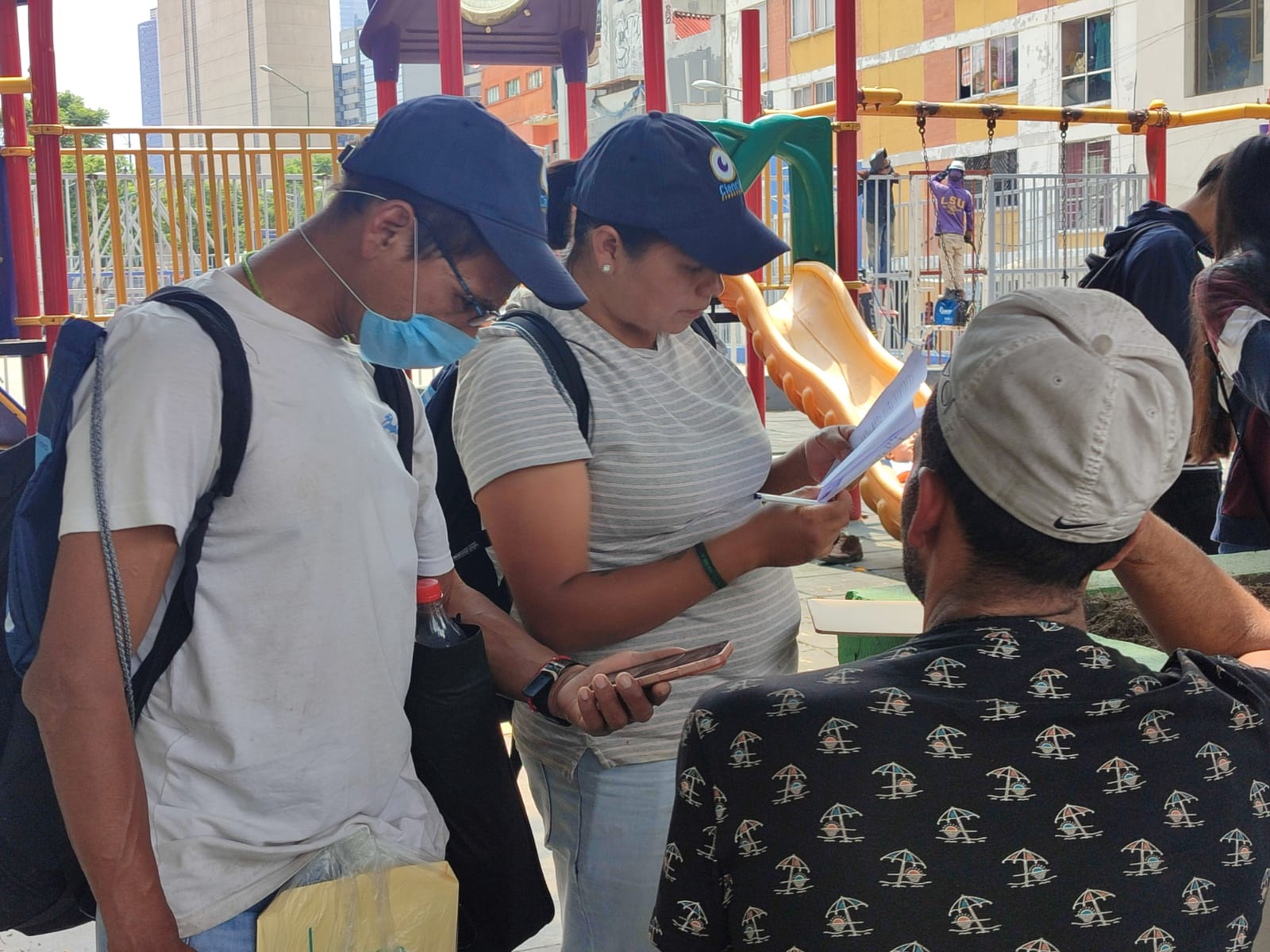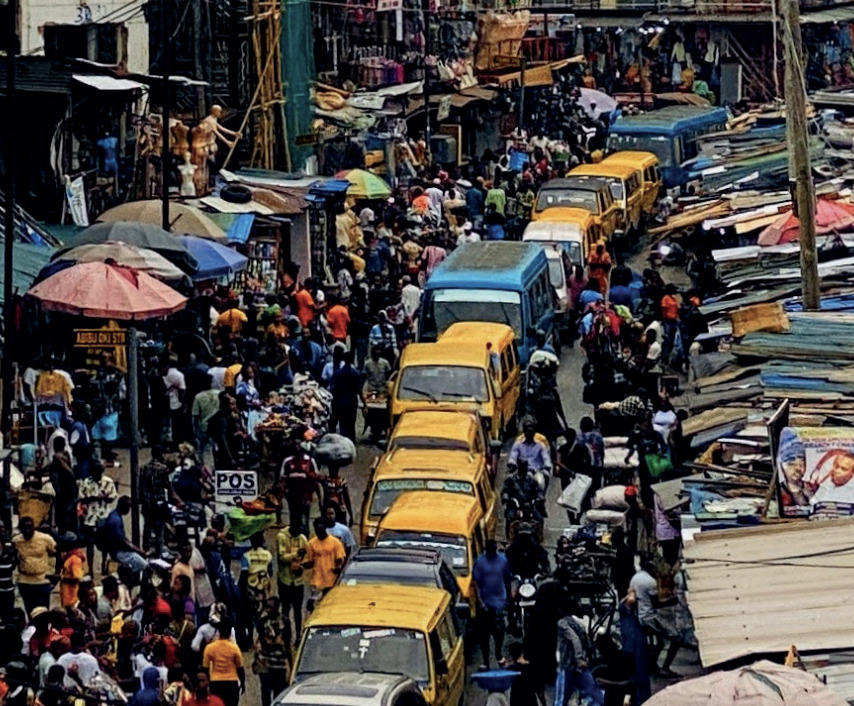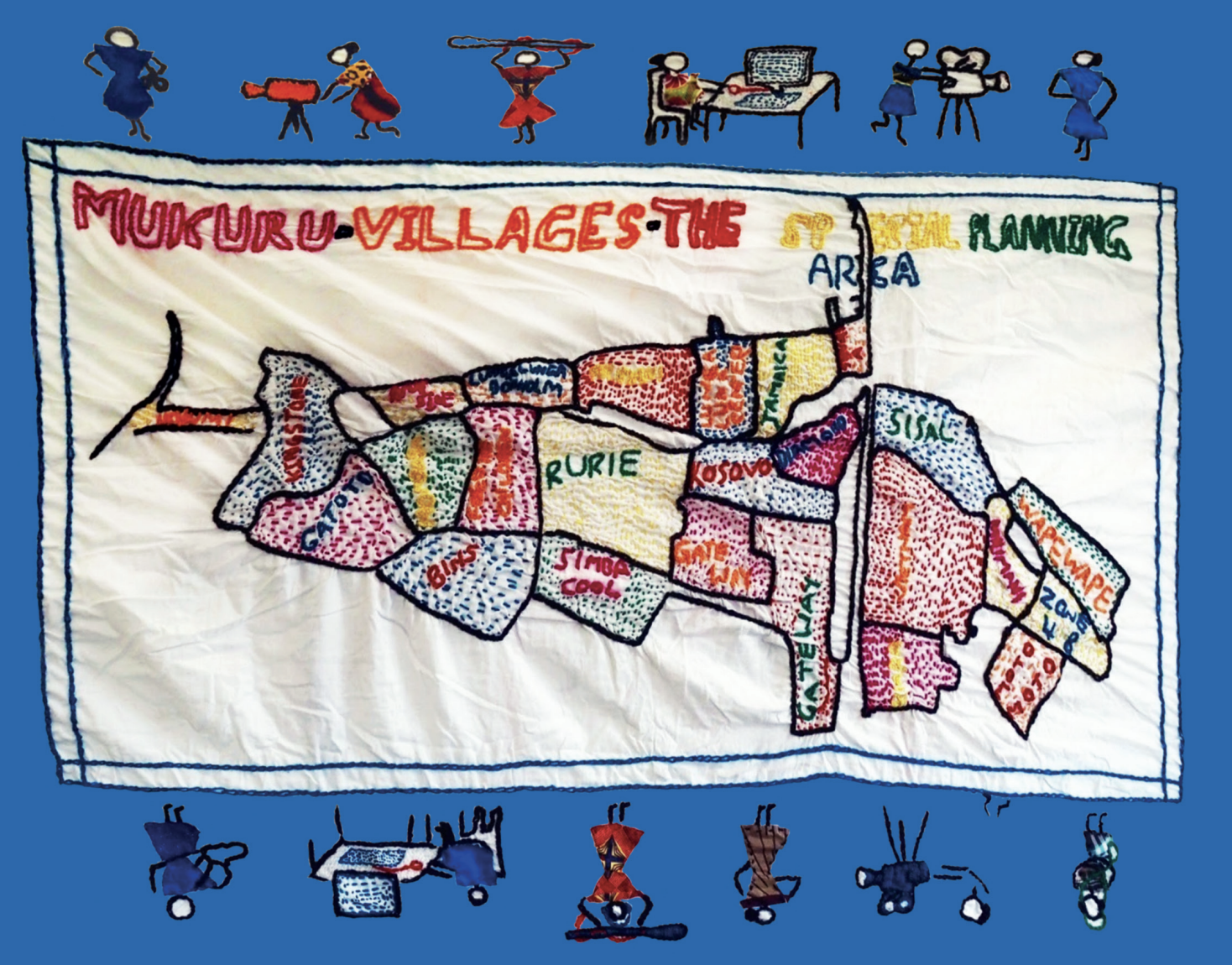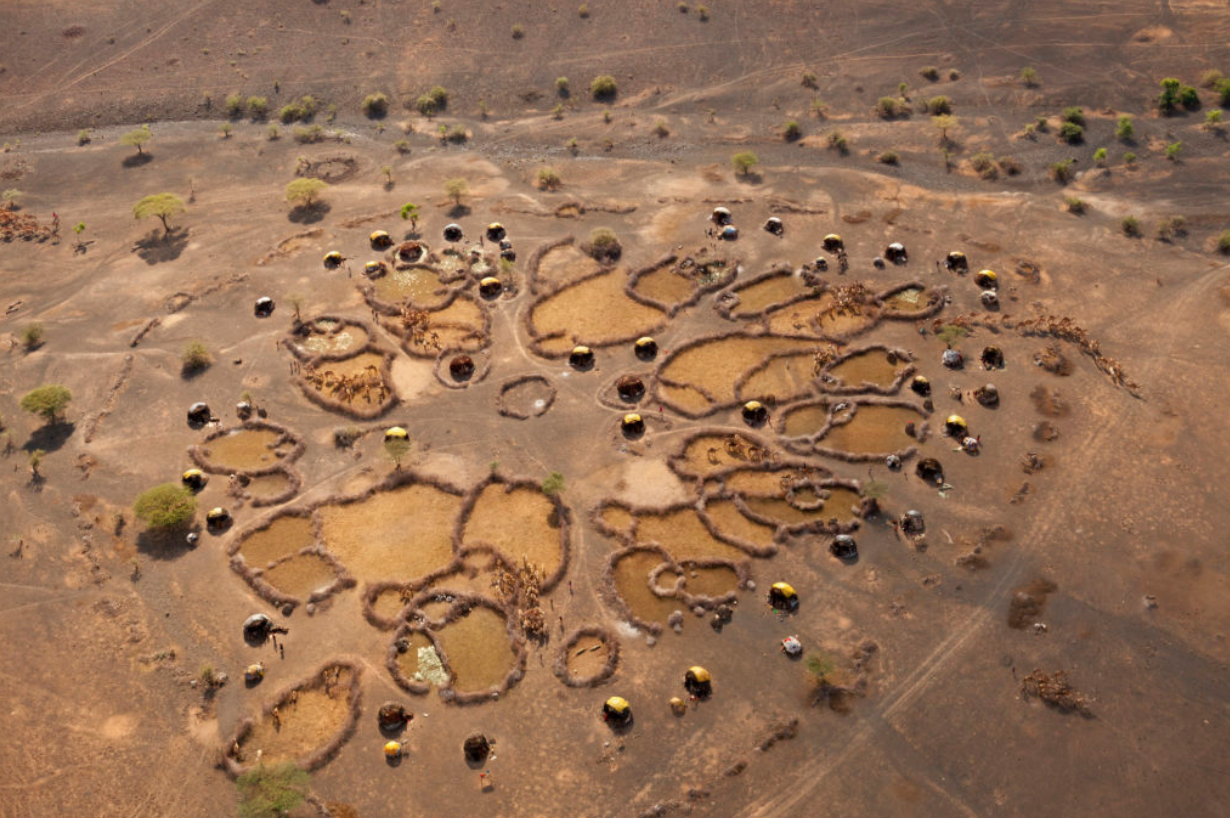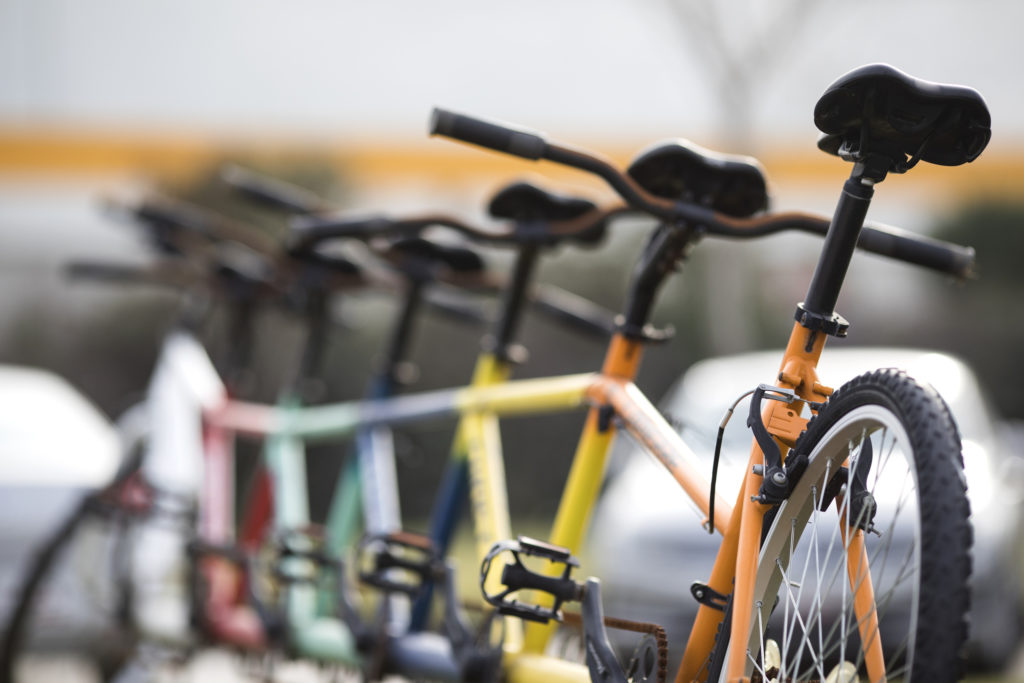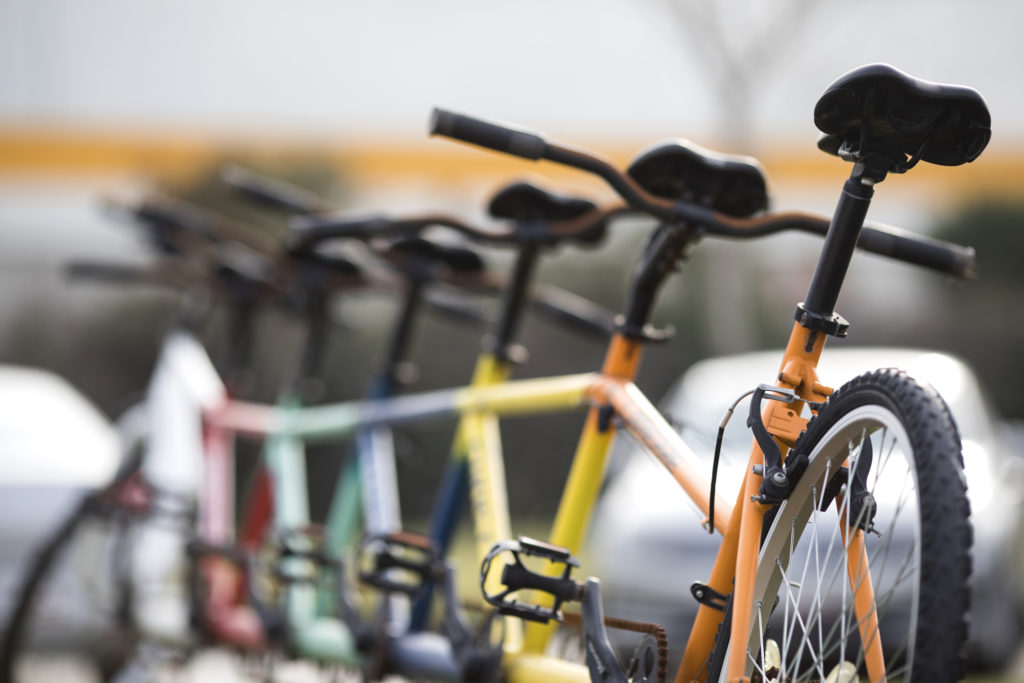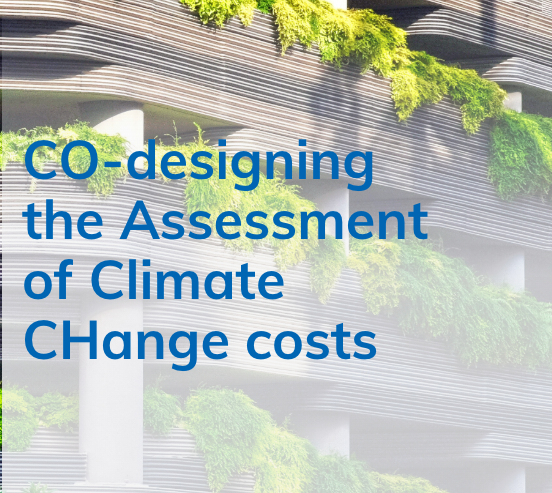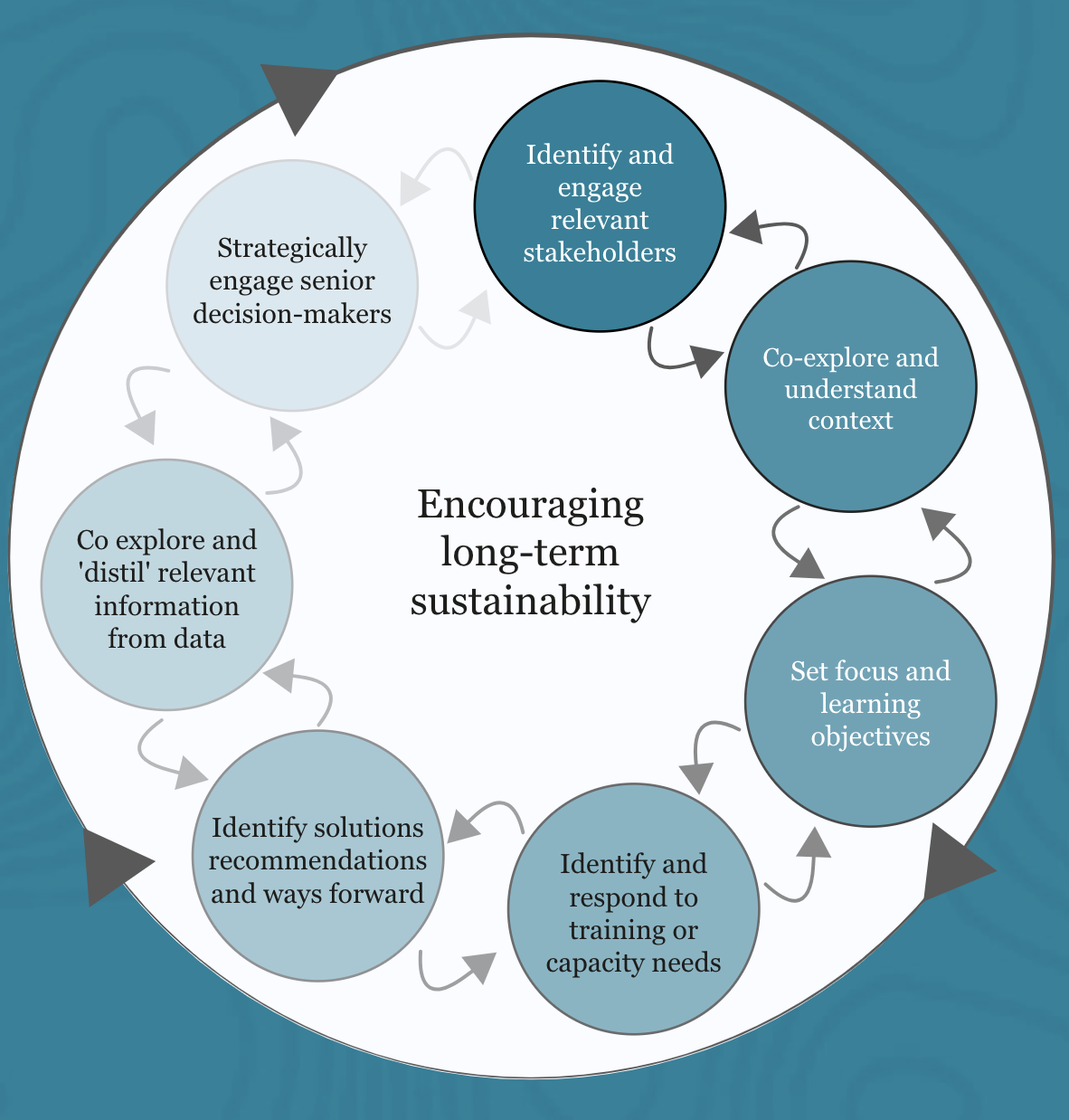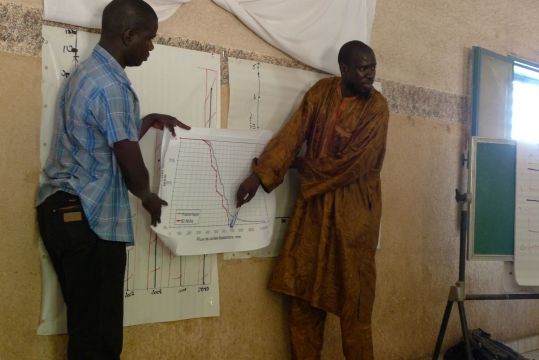co-design
Co-created Citizen Science
Citizen Science that is co-created with stakeholders and citizens to support the design, implementation, and outcomes of a project.
Developing guidance on managing transboundary climate risks in adaptation and sectoral planning
Explore how we can move from prototype to fully operational (and widely deployed) guidance on mainstreaming TCARs within policy and practice in this concept note. It sets out several key considerations for developing credible and salient guidance on TCAR risk management in support of NAPs, regional adaptation planning and other climate policy planning processes.
Locally Led Planning: A Guide for Building Climate Resilience in Urban Informal Settlements
Discover resources for locally-led, inclusive, multisectoral upgrading for climate resilience in urban informal settlements in this guide. It aims to support a range of stakeholders to both build climate resilience in informal settlements and link locally led action with broader processes of urban and climate governance.
Enabling Climate Science Use to Better Support Resilience and Adaptation Practice
This report reviews the use of climate science in adaptation and resilience practice. It was commissioned by the UK government to inform the development of a new programme.
The Tandem framework: a holistic approach to co-designing climate services
The Tandem framework provides a holistic approach for theco-design of climate services. The seven-step approach is designed to help scientists, intermediaries and decision-makers collaborate.
The Tandem framework: a holistic approach to co-designing climate services
The Tandem framework provides a holistic approach for the co-design of climate services. The seven-step approach is designed to help scientists, intermediaries and decision-makers collaborate.
CO-designing the Assessment of Climate CHange costs (COACCH)
The COACCH project will produce improved downscaled assessment of the risks and costs of climate change in Europe that can be accessed directly by research, business and policy makers.
Tandem: online guidance for the co-design of climate services
The Tandem online guidance supports information providers, intermediaries and users to collectively co-design climate services for policy, research and practice.
How can we turn climate information into action?
How can we turn climate information into action?
